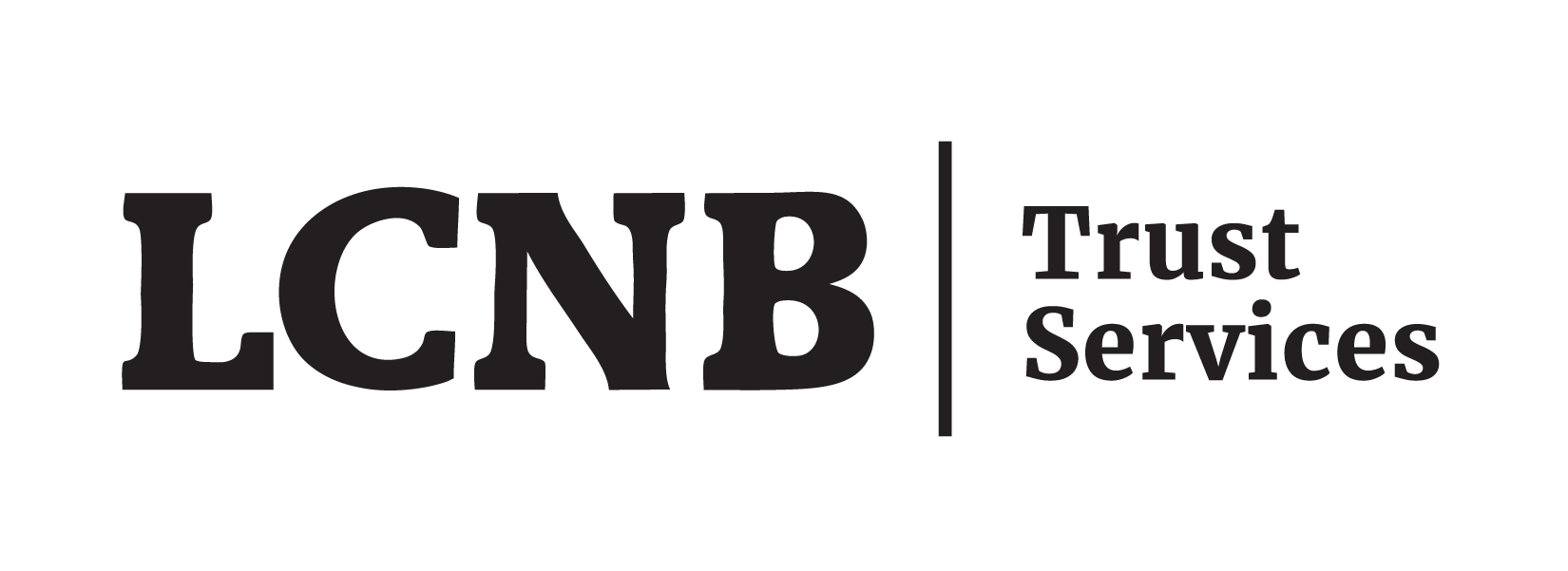Scam Artists
Recommended precautions:
- Never give out personal information, social security number or account information to anyone.
- Never make a quick decision over the phone or in person. If the deal seems legit and worth pursuing, the company will allow you time to get back to them.
- Investigate the company being represented. Ask for a company phone number and call them back to verify the number is not a personal phone number, check with the Better Business Bureau or ask to see some type of identification.
- Never give out cash for donations without investigating first and getting a receipt for the cash.
- Don't ever do business with someone requiring money or credit card information before they process the information. Only give out a credit card number when making purchases with a reputable company and always get the company name, phone number, extension, and name of the person you are dealing with.
- Always consult someone if you are unsure of the situation. A second opinion never hurts and may in some cases help you from being a victim.
If anything ever looks suspicious or out of the ordinary, it is important to report it immediately.
If you have disclosed personal information in any type of fraud or would like to periodically review your credit history, you may contact one of the following three major credit bureau agencies listed below:
Equifax
800-525-6285
P.O. Box 740250
Atlanta, GA 30374
Experian
888-397-3742
P.O. Box 1017
Allen, TX 75013
Transunion
800-680-7290
P.O. Box 6790
Fullerton, CA 92634
Skimming
Skimming involves criminals installing equipment on legitimate bank ATMs to steal both the ATM card number and the PIN. The criminals then sit in a nearby vehicle receiving the information transmitted wirelessly over weekends and evenings from equipment they install on the front of the ATM. The equipment used to capture the information is clearly disguised to look like normal ATM equipment. A "skimmer" is mounted to the front of the normal ATM card slot that reads the ATM card number and transmits it to criminals sitting in a nearby vehicle. At the same time, a wireless camera is disguised to look like a leaflet/brochure holder and is mounted in a position to view ATM PIN entries. The thieves copy the cards and use the PIN numbers to withdraw thousands from many accounts in a very short time directly from the bank ATM. It is very important to always be aware of your surroundings and any type of ATM or terminal used by your ATM/Check Card.
Phishing
As the electronic age advances, so do the talents of the con artists. Con artists are now using email to scam you into giving them personal financial information. The Internet Piracy scam is called "phishing" and pronounced "fishing" and involves scammers claiming to be from a reputable company, financial institution or government agency, including one of the federal financial institution regulatory agencies. The scammers then send out emails to thousands of email addresses in hopes that the recipients of the emails will respond with their personal financial information, credit/check card numbers, PINs, passwords and other sensitive information including Social Security numbers. The con artists are quite advanced in their technology to make the emails look very authentic including using company logos and banners copied from actual web sites. The email often contains wording expressing there has been a change in security procedure or they need to update (validate) your information and you are directed to a look-alike web site. This information is then obtained and fraud is committed on your account and or your identity (Identity Theft), depending on the information requested.




